Keywords: Australian Catholic University
-
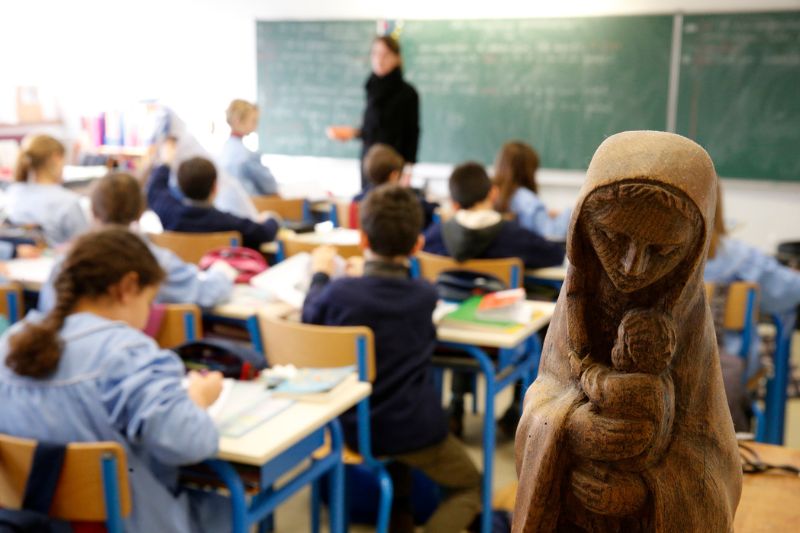
RELIGION
- John Warhurst
- 23 August 2022
18 Comments
The successful implementation of the spirit and the letter of the Plenary Council must involve the Catholic education sector. Catholic schools, meaning students, parents, staff members and governing bodies, are one of the most vital sectors of the church along with the health sector. They must be convinced to engage with and support the reform outcomes of the Plenary Council.
READ MORE 
-
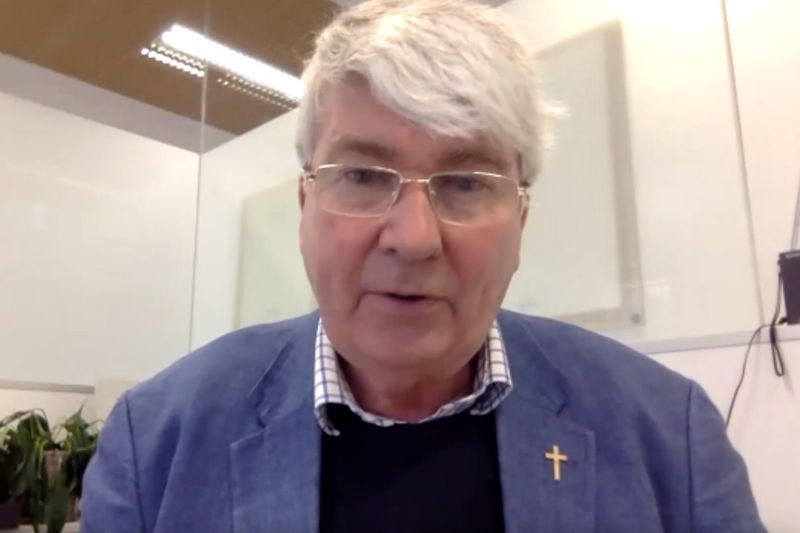
AUSTRALIA
- Frank Brennan, Vicki Clark
- 18 August 2022
3 Comments
How can individuals and organisations engage with and support progress on reconciliation? In this conversation, Fr Frank Brennan SJ (Rector, Newman College) and Vicki Clark touch on progress of reconciliation in Australia in light of the Uluru Statement from the Heart, Constitutional recognition of Aboriginal and Torres Strait Islander Peoples, the Yoorrook Justice Commission and the Victorian Treaty process.
READ MORE 
-
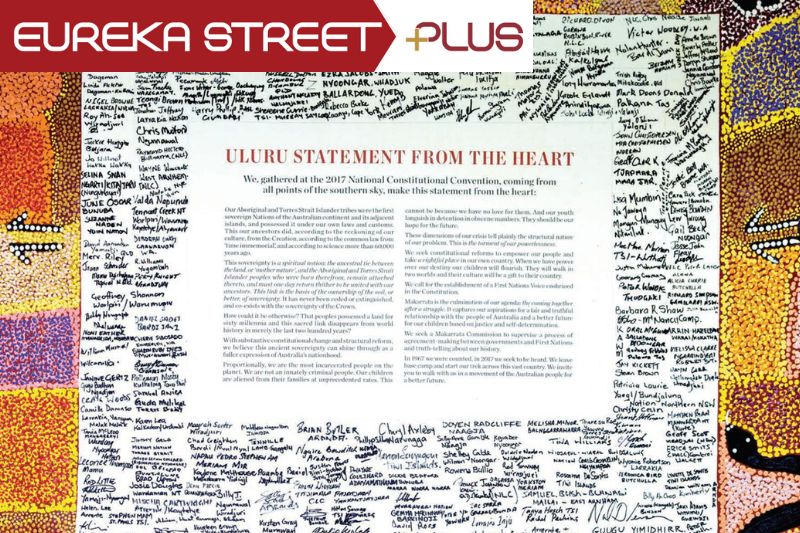
AUSTRALIA
- Frank Brennan
- 17 August 2022
2 Comments
We need to be able to do more than simply give notional assent to the Uluru Statement. We need to be able to contribute to the hard thinking and difficult discussions to be had if the overwhelming majority of our fellow Australians are to be convinced of the need for a Voice in the Constitution.
READ MORE 
-
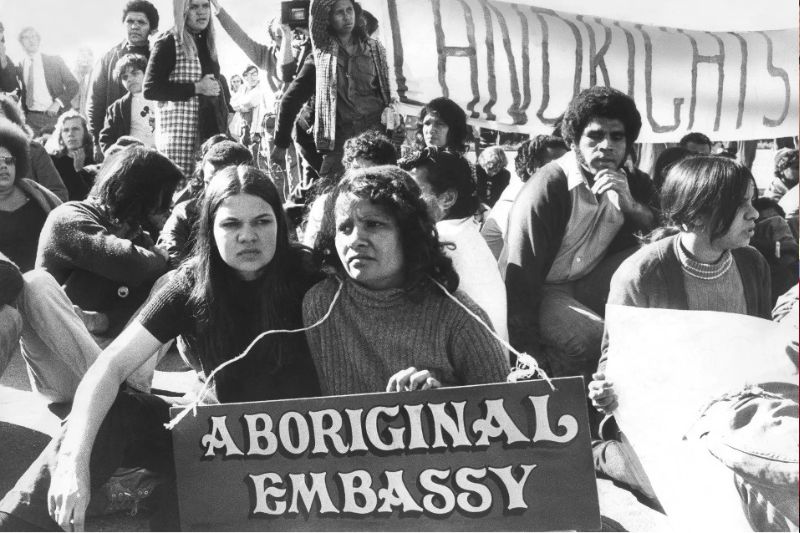
AUSTRALIA
The ‘Land Rights Now’ banner is hoisted against the wind, and the marchers set off for the Embassy. A young Aboriginal woman walks ahead of the banner. She has dyed her hair red. She turns and leans into the wind to face the marchers, holding a megaphone to her mouth. ‘What do we want?’ she shouts, ‘When do we want it?’ And she keeps going, exhorting the marchers. We reply ‘Land Rights … Now!’ The crowd tires before she does.
READ MORE 
-

AUSTRALIA
- Melinda Tankard Reist
- 20 July 2022
2 Comments
Exposure to pornography has been linked to an increase in in sexually aggressive behaviour and adolescent dating violence. This mass, industrial-level grooming of our young is causing lasting damage to their social and sexual development and leading to even more women and girls being viewed as less human.
READ MORE 
-
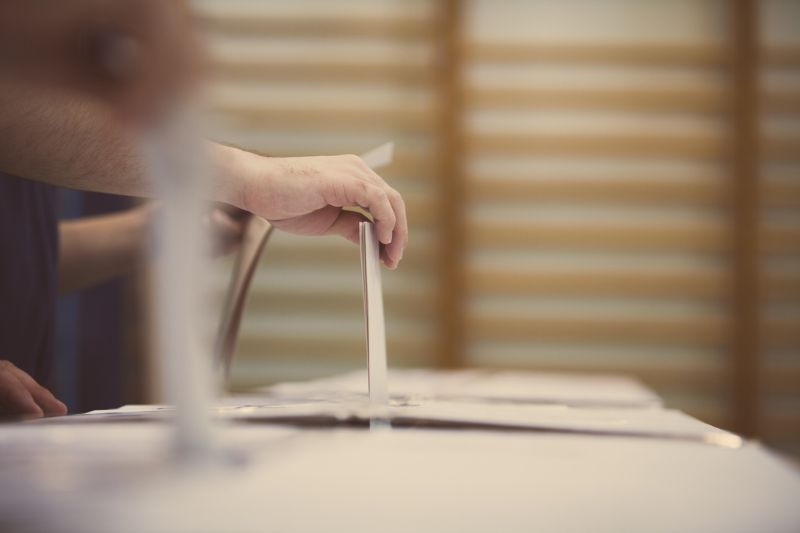
RELIGION
- John Warhurst
- 23 June 2022
6 Comments
The week of the Plenary Council's Second Assembly, unlike the First Assembly, will largely be devoted to voting. My best guess is that there could be about 100 rounds of consultative votes (including amendments and then thirty amended motions) during the week. This will be followed by deliberative voting by the bishops and their proxies. Before voting there will be many short, sharp speeches from among the 280 members interspersed in the program. This will make for an extremely tight timetable.
READ MORE 
-

AUSTRALIA
- Francis Sullivan
- 20 June 2022
1 Comment
Despite last week’s decision by the Fair Work Commission to push up the national minimum wage by 5.2 percent, millions of Australians, in all parts of the country, will continue to live in poverty and on survival wages. The facts are that the Commission’s decision takes the minimum wage from $772 a week to $812, an increase of $5.70 a day, not a fortune but better than nothing.
READ MORE 
-

RELIGION
- Geraldine Doogue, Greg Craven, John Warhurst, Julian Butler
- 17 June 2022
3 Comments
After four years, the Fifth Plenary Council of Australia is nearly at a close with the second and final assembly in July. So what has been the significance of the Plenary Council so far, and what can we expect from the final session? In this Roundtable, Geraldine Doogue, John Warhurst, Greg Craven and Julian Butler reveal their hopes and expectations for the process and discuss likely outcomes.
READ MORE 
-
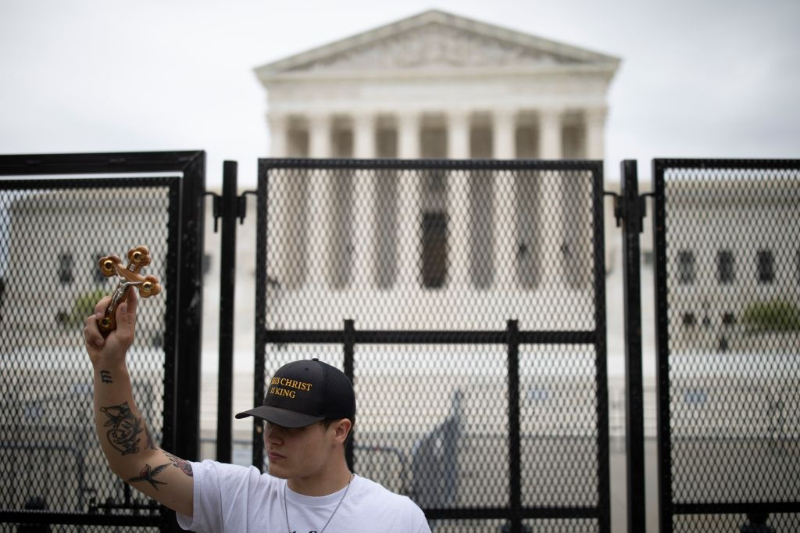
RELIGION
- Miles Pattenden
- 26 May 2022
19 Comments
News leaked earlier this month that the US Supreme Court plans to overturn its most famous decision, that in Roe vs Wade (1973) which protects a pregnant woman's freedom to choose to have an abortion without excessive government restriction. The decision has attracted much criticism both in the past and now on account of its dubious legal reasoning – in particular, its attempt to link the right to abort to a right to privacy which itself was notional and not specified in the US Constitution.
READ MORE 
-

AUSTRALIA
- Claire Victory
- 19 May 2022
1 Comment
There is an Australia that many people seldom encounter and its citizens number in the millions. These citizens live in all cities and regional towns, often in sub-standard yet costly housing, and struggle to survive week to week on low wages or inadequate government assistance.
READ MORE 
-

INTERNATIONAL
- Andrew Hamilton, David Halliday, Michele Frankeni, Stewart Braun
- 19 May 2022
5 Comments
We are now three months into the Ukraine war. From an invasion it has turned into a war of attrition that has cost many lives, displaced civilians, destroyed cities, and led to sanctions and the making of alliances with effects that have spread suffering far beyond Ukraine. In this Roundtable, Andrew Hamilton SJ, David Halliday, Michele Frankeni and Dr Stewart Braun explore the ethics of the war and likely paths to peace.
READ MORE 
-
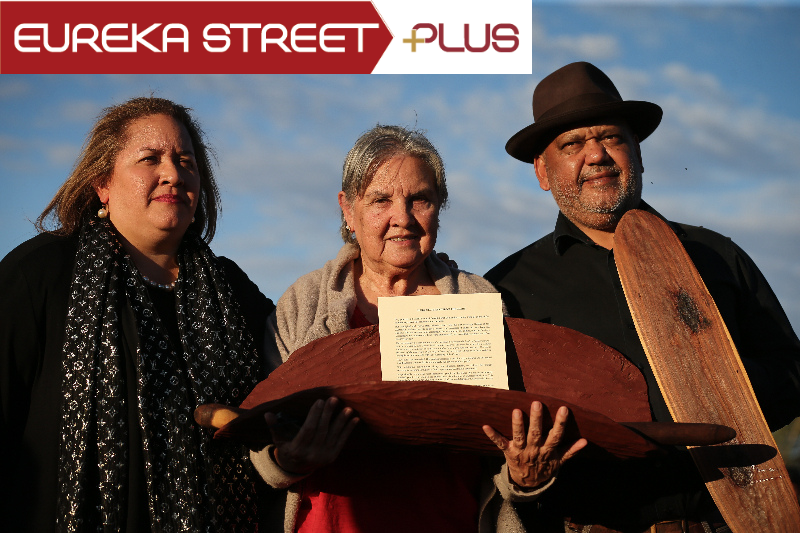
AUSTRALIA
- Frank Brennan
- 06 May 2022
5 Comments
Whoever is Prime Minister after the election on May 21, he will need to address the question of Indigenous recognition in the Australian Constitution. This is the sixth election in a row when the question has been a live, unresolved issue during the election campaign. The patience of Indigenous leaders is understandably wearing thin. Trust is waning. There is still no clear path ahead. So where to from here?
READ MORE 